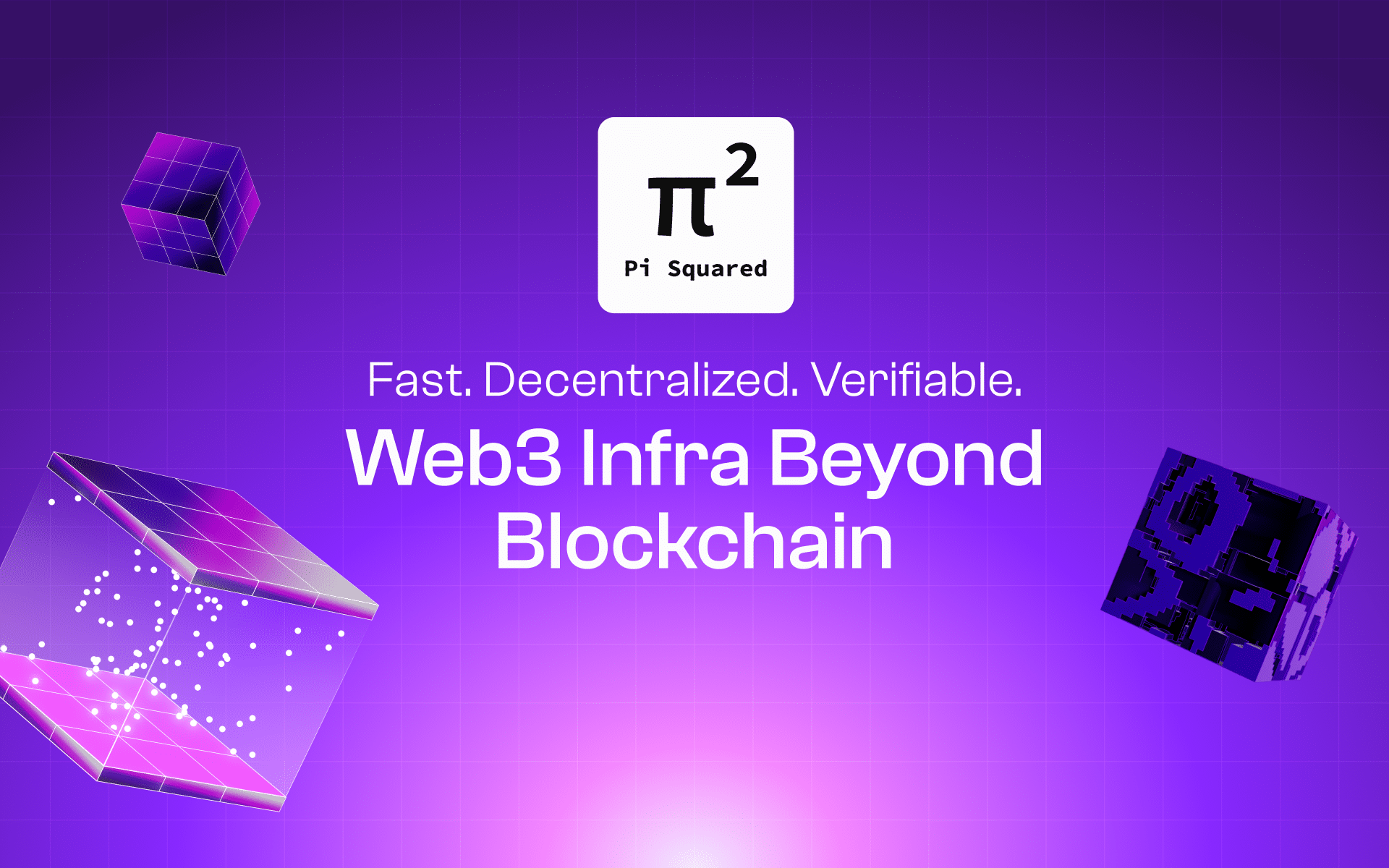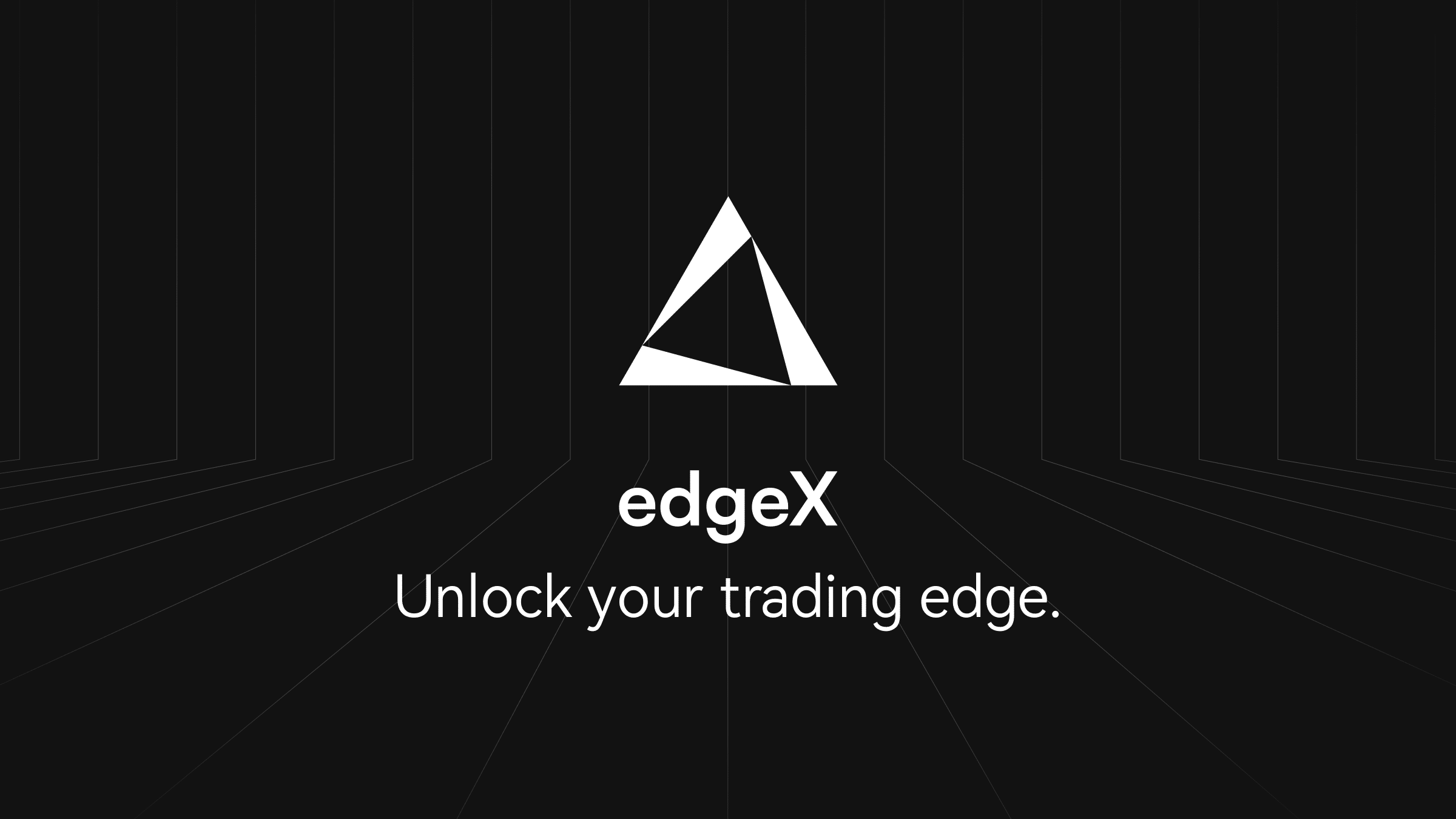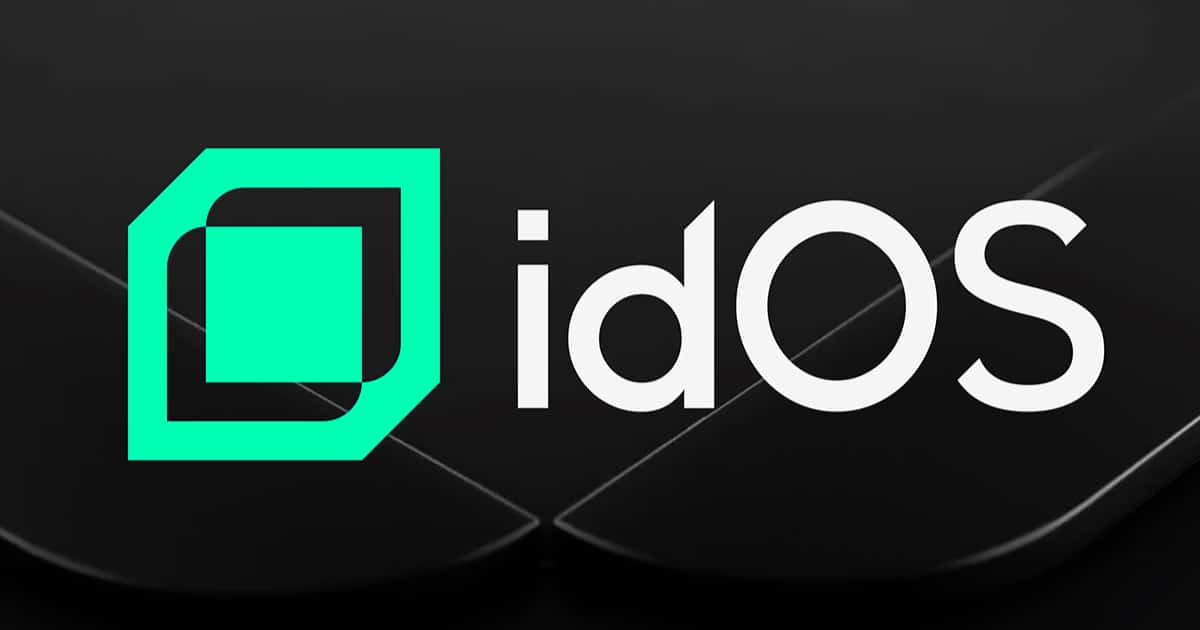Key Takeaways
- Pi Squared is developing FastSet, a decentralized Web3 infrastructure that transcends traditional blockchain limitations, achieving over 100,000 transactions per second (TPS) with sub-100ms finality, targeting 1 million TPS by mainnet, using affordable hardware to enhance scalability and accessibility.
- Pi Squared’s Verifiable Settlement Layer (VSL) enables fast, secure, and verifiable cross-chain computation and settlement, eliminating the need for centralized bridges by allowing apps, AI agents, and protocols to interact seamlessly across ecosystems with cryptographic trust.
- FastSet supports smart contract development in any programming language (e.g., Python, Rust, JS), processes claims in parallel without global consensus, and integrates formal semantics via the K Framework to ensure correctness and verifiability.
Disclaimer: Crypto airdrops are promotional events where tokens are distributed to existing holders of a cryptocurrency or to individuals who meet certain criteria. While airdrops can be a way to acquire tokens at no cost, they also involve risks. There’s no guarantee that the airdropped tokens will increase in value, and there may be associated fees or requirements. Additionally, airdrops can be susceptible to scams and phishing attempts. Always exercise caution and verify the legitimacy of any airdrop opportunity before participating.
What Is Pi Squared?

Pi Squared is a technology company developing FastSet, a decentralized, modular Web3 infrastructure protocol designed to overcome the scalability and performance limitations of traditional blockchains.
Unlike conventional blockchains, FastSet is not a blockchain but a verifiable settlement layer that enables parallel claim settlement, achieving over 100,000 transactions per second (TPS) with sub-100ms finality on standard hardware, with plans to scale to 1 million TPS.
It eliminates the need for validator-to-validator communication, consensus rounds, or global transaction ordering, allowing independent and concurrent claim processing for maximum scalability. FastSet supports smart contracts in any programming language (e.g., Python, Rust, JavaScript) and ensures cryptographic verifiability, making it suitable for applications like DeFi, AI micro-payments, and cross-chain interoperability without bridges.
Led by CEO Grigore Rosu, Pi Squared aims to unify chains, apps, and AI agents through its Verifiable Settlement Layer (VSL), fostering trustless, scalable, and decentralized ecosystems.
Pi Squared Founder

The founder of Pi Squared, the company behind the FastSet protocol, is Grigore Roșu, a prominent figure in computer science and blockchain technology. Roșu is a professor of computer science at the University of Illinois at Urbana-Champaign, where he leads the Formal Systems Laboratory. His academic and professional journey includes significant contributions to programming languages, formal methods, software engineering, and cryptography.
Before founding Pi Squared in 2023, Roșu worked as a scientist at NASA, where he developed the K Framework, an open-source platform for programming language semantics that serves as a cornerstone for Pi Squared’s verifiable computing solutions. A day-one contributor to the Ethereum Foundation, he also founded Runtime Verification, a leading formal verification company in the Web3 space. Roșu’s vision with Pi Squared is to address fragmentation, scalability, and trust issues in blockchain infrastructure by leveraging the K Framework to create FastSet, a decentralized, verifiable settlement protocol that achieves over 100,000 transactions per second with sub-100ms finality. His accolades include an NSF CAREER award, the UIUC outstanding junior award, the Dean’s award for excellence in research, and several best paper and test-of-time awards, reflecting his deep expertise and influence in the field.
While Grigore Roșu is the primary founder and CEO of Pi Squared, the company’s leadership and advisory team also play critical roles in shaping its direction, though they are not explicitly listed as co-founders. The team includes key figures like Patrick MacKay (COO), Xiaohong Chen (CTO), Yi Zhang (Chief Architect), and Sriram Vishwanath (Head of Business Development and Growth), among others, who contribute to the development of FastSet. Advisors such as Andrew Miller, a professor at the University of Illinois and associate director of the Initiative for Cryptocurrencies and Contracts (IC3), and angel investors like Harish Devarajan, Justin Drake, and Sreeram Kanan further support Pi Squared’s mission. These individuals bring expertise in blockchain, AI, and decentralized systems, complementing Roșu’s vision. However, no public information explicitly names anyone other than Roșu as a founder of Pi Squared or FastSet, suggesting he is the sole founder driving the company’s inception.
Pi Squared Funding Round

Pi Squared raised $12.5 million in a seed funding round on July 3rd, 2024, led by Polychain Capital, with participation from ABCDE, Bloccelerate, Generative Ventures, Robot Ventures, Samsung Next, and angel investors including Shumo Chu, Harish Devarajan, Justin Drake, Sreeram Kanaan, Csongor Kiss, George Lambeth, Yilong Li, Calvin Liu, Lucian Mincu, Karthik Raju, and Common Prefix.
Additionally, a second funding round of $150,000 was reported on April 22nd, 2025, bringing the total funding to $12.65 million.
The funds are being utilized to advance Pi Squared’s mission of revolutionizing verifiable computing through its Universal Settlement Layer (USL) and Proof of Proof technology, which leverages zero-knowledge (ZK) proofs to enable trustless computing, AI, and interoperable smart contracts across blockchains. This financial backing supports the development of FastSet, which achieves over 100,000 TPS with sub-100ms finality, aiming for scalability, universal language support, and cross-chain interoperability.
How To Participate In The Pi Squared Testnet?
Pi Squared is the newest Layer-1 built for speed. Testnet is currently ongoing.
To join:
👉 STEP 1: Head over to https://wallet.fastset.xyz/.
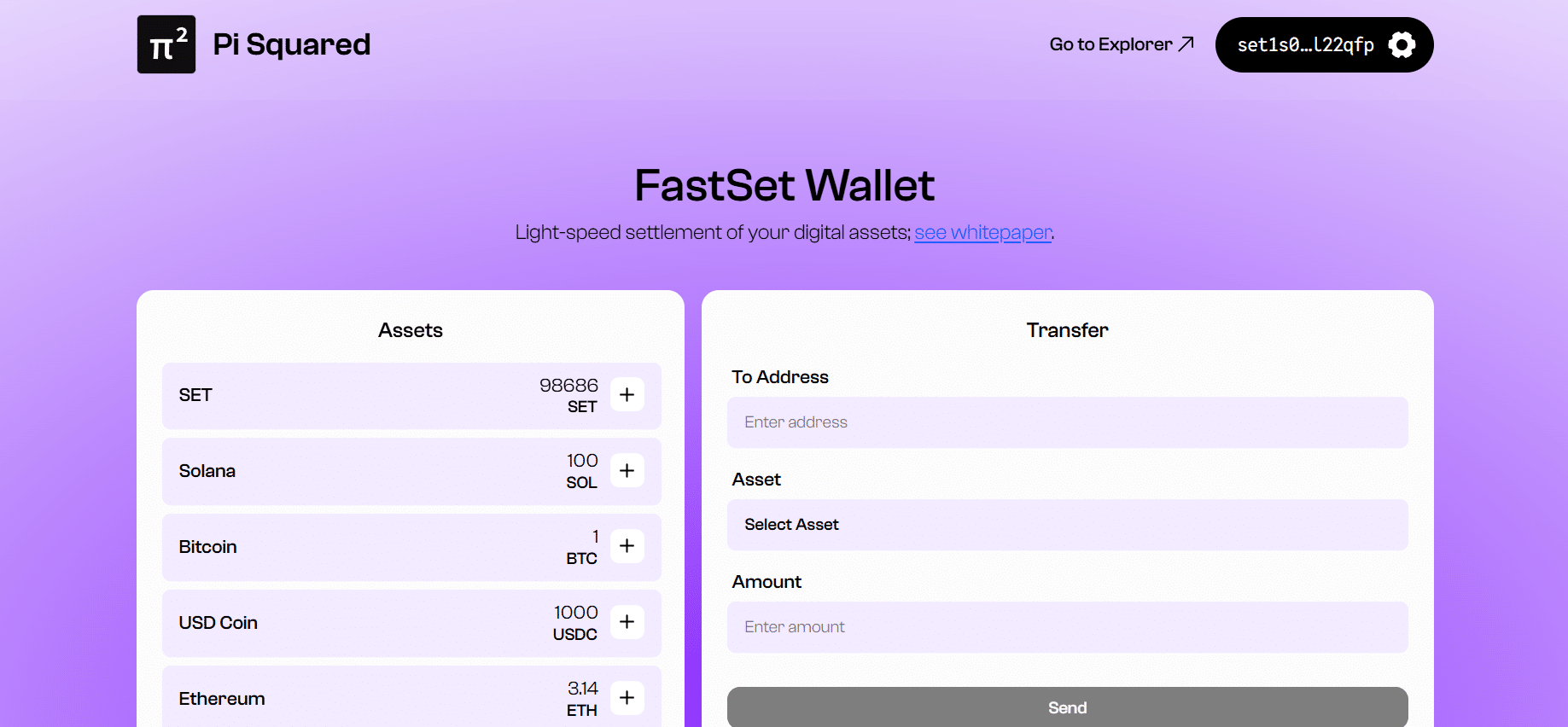
👉 STEP 2: Randomize and save your address and private key.
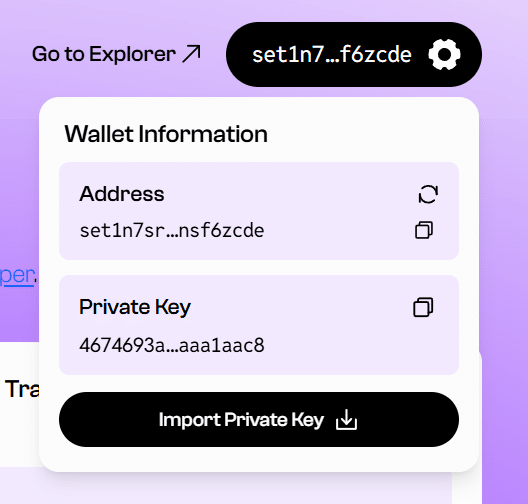
The image above is just an example. DO NOT USE the address and private key.
👉 STEP 3: Send test assets to fellow testers.
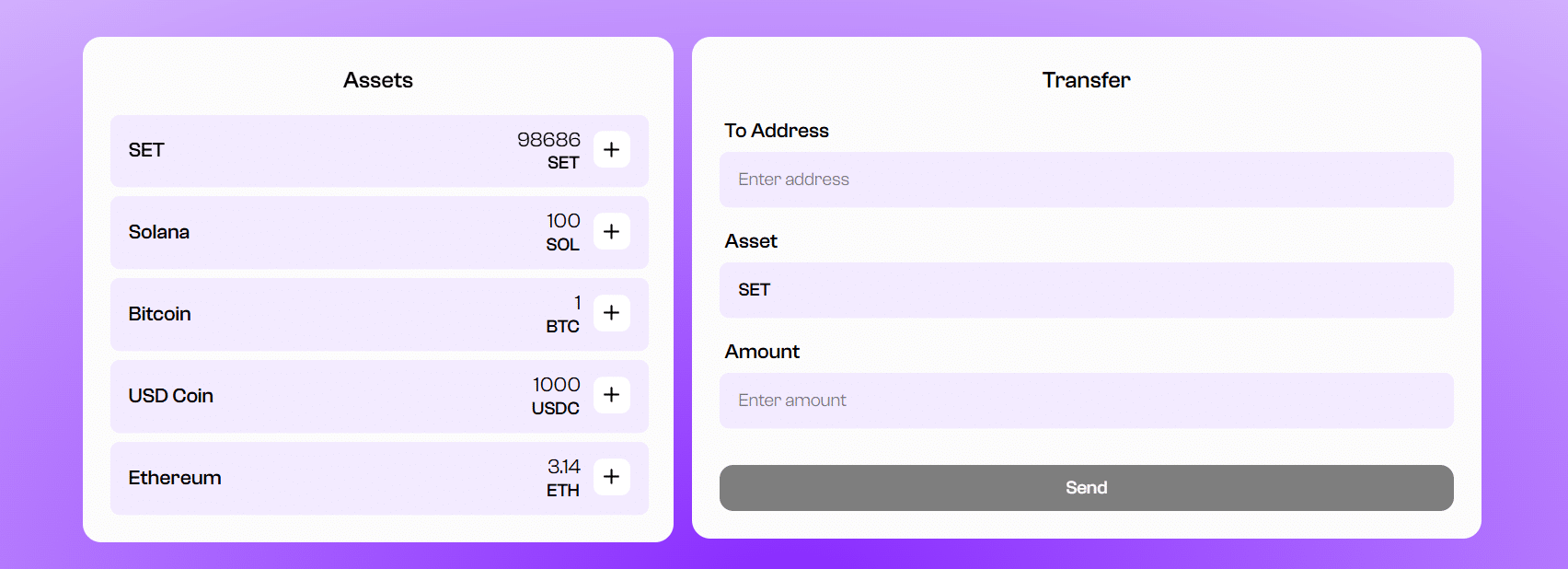
If you run out of testnet tokens, just click the ‘+’ to add more. Basically, just keep sending even if others do not send back. What’s more important is sending transactions.
👉 STEP 4: Keep an eye on official announcements and hope for the best!
Final Thoughts
That’s about it for this airdrop guide! For more potential airdrops like this one, visit our Airdrops page, where we cover only the most legit airdrops happening in the crypto space!
Lastly, if there are any potential airdrops you want us to cover, reach out to us on our Telegram channel!

